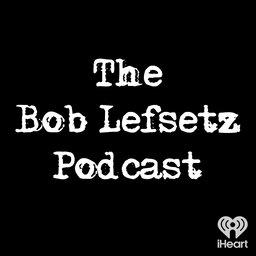Warren Haynes
Warren Haynes is the number one utility player in rock music today. Whether with the Allman Brothers, Gov't Mule, the Dead or other acts, for decades Warren has been playing guitar, without airs, depending only on chops, on stages and in studios throughout the nation. Furthermore, his vocals are as sweet as his guitar licks. Here we cover Warren's start in North Carolina as well as the breakup of the Allman Brothers and more. Unassuming, yet articulate, Warren has miles of experience and is as vital as ever.
Learn more about your ad-choices at https://www.iheartpodcastnetwork.com
 The Bob Lefsetz Podcast
The Bob Lefsetz Podcast


